Hi Dave - you'll get a lot of advice here, 99% of it very good, because most of us have gone through more than one set of machines.
Here's my opinion, FWIW. In the end, the size of the stuff you want to make will dictate the requirements. Keep in mind that bigger is almost always better. I can turn accurate 1/16" work on a 3 HP 11" lathe, but I cannot do reasonable work on a 5" diameter round on a mini-lathe.
Also please keep in mind that many beginners think, "I don't mind light equipment. I am not in production, so I don't mind taking 75 light passes on a small machine that could be done with two or one pass on a heavier machine." The reality is that taking dozens of light lathe or milling cuts to reduce stock is a total PITA and will get very old, fast. It is desirable to have enough HP and rigidity to reduce a 1" bar to 0.5" in 3 or 5 passes vs 20.
I think separate machines is best. For a lathe, I'd go for one of the 9" Chinese lathes at a minimum. For a mill, I'd demand an R-8 spindle square columned bench mill or better. If you can afford a knee mill, so much the better. Both of these are pretty expensive. If in doubt, you can get going nicely with one of the standard 7" mini-lathes (~$600) and the accompanying mini-mill. If you outgrow them, you won't be out thousands of dollars, and the machines can remain as useful tools, complementing some larger machines.
Best advice of all - Go slow. Don't rush, do some research. Go to MSCDirect.com and ask for their 4,000 page "Big Book" catalogue, and simply browse it. You'll actually learn a lot without buying anything. You'll learn what exotic terms like Morse taper, ER, 5C, B& S, R8, Screw machine, end mill, arbor, face mill, etc... mean.
Good luck, you're going to have fun!









![TurboCAD 2020 Designer [PC Download]](https://m.media-amazon.com/images/I/51UKfAHH1LL._SL500_.jpg)





![DreamPlan Home Design and Landscaping Software Free for Windows [PC Download]](https://m.media-amazon.com/images/I/51kvZH2dVLL._SL500_.jpg)


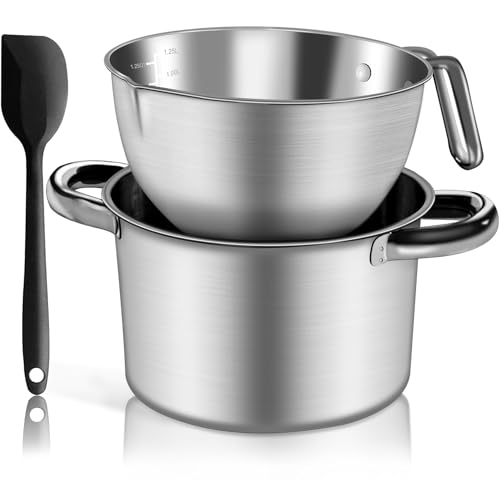
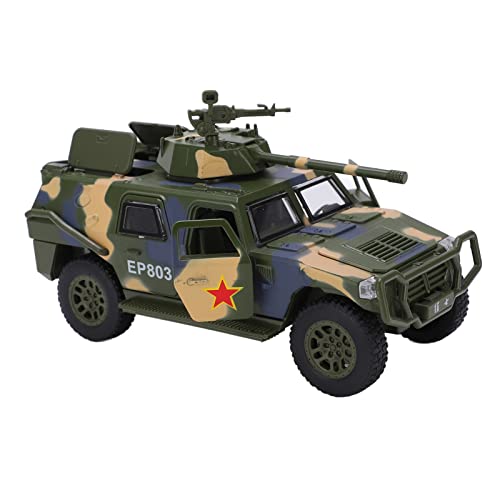


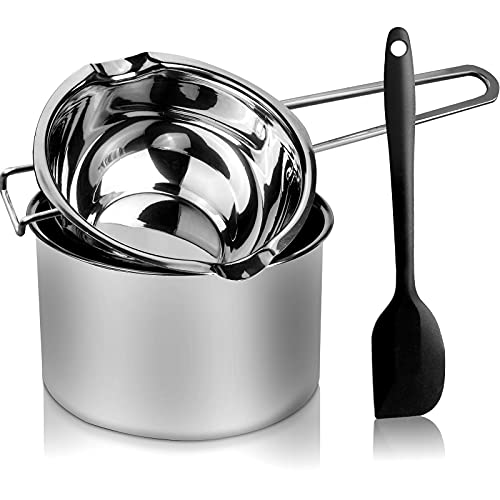



























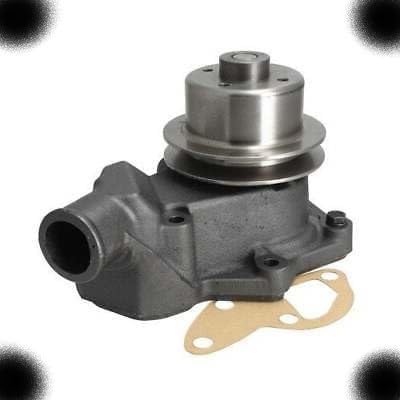



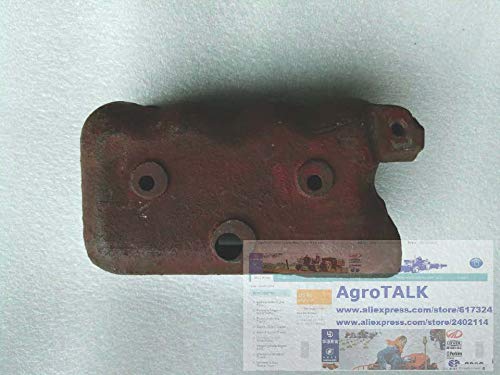
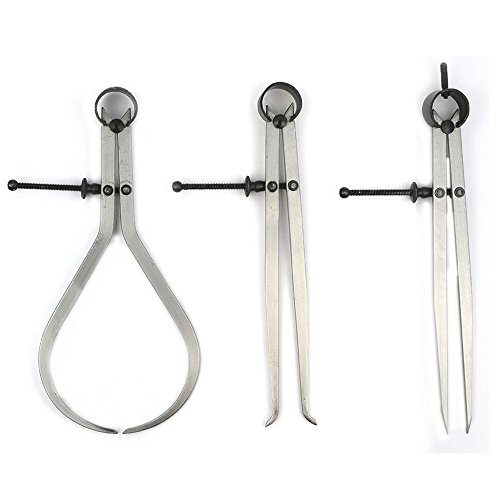











![MeshMagic 3D Free 3D Modeling Software [Download]](https://m.media-amazon.com/images/I/B1U+p8ewjGS._SL500_.png)

